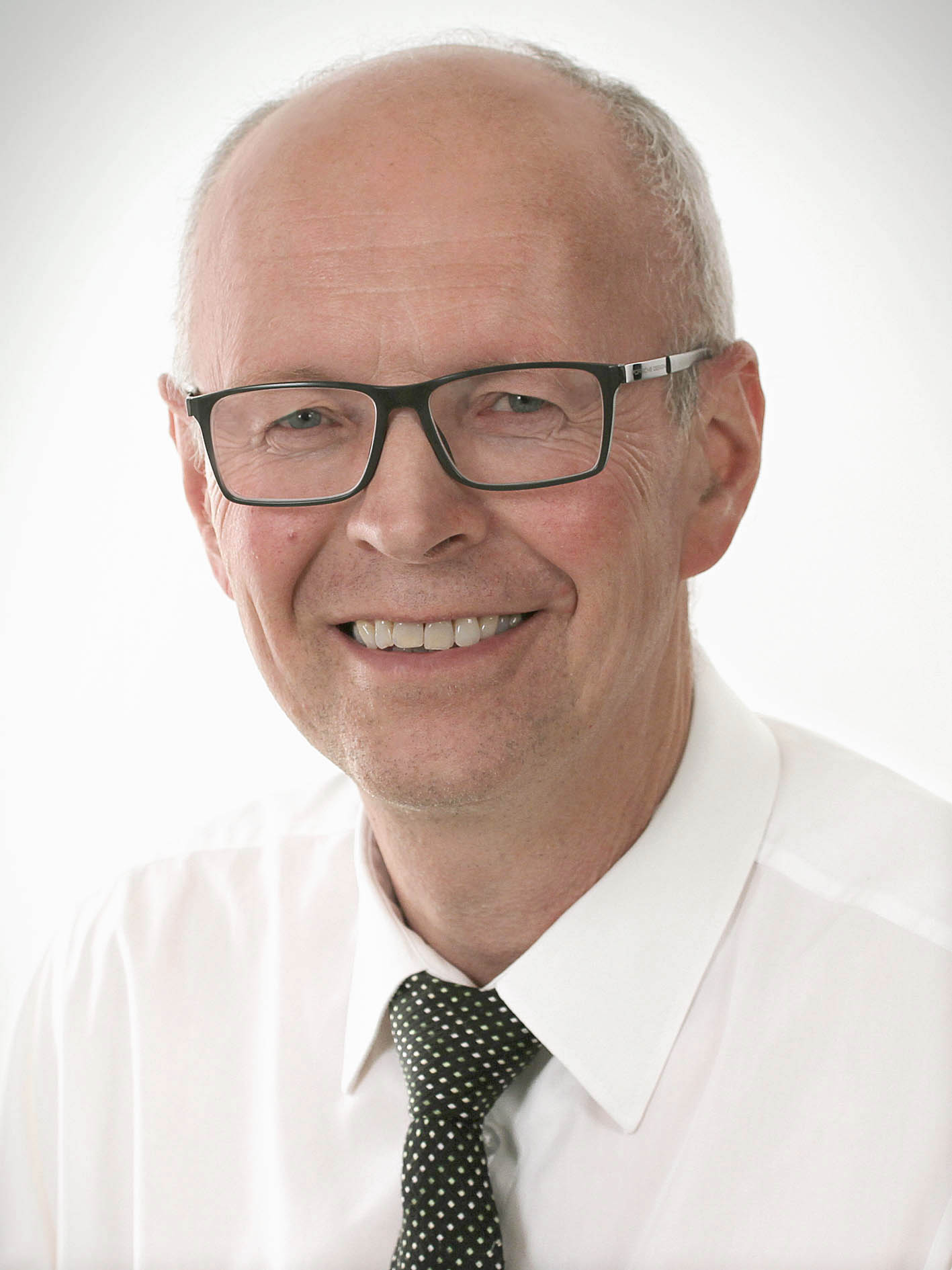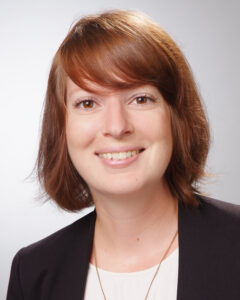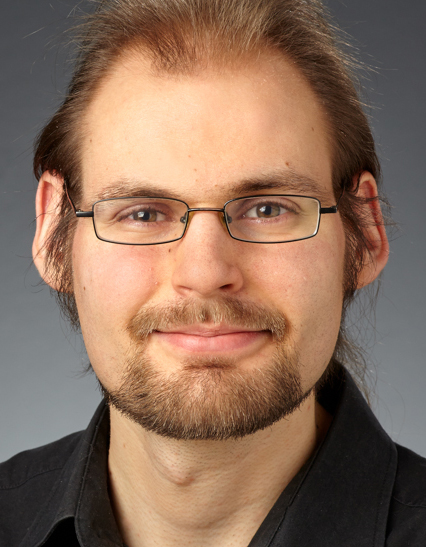Prof. Dr. med. Dipl.-Phys. Heinz-Peter Schlemmer
Prof. Dr. med. Dipl.-Phys. Heinz-Peter Schlemmer is Professor for Oncologic Radiology at the Medical Faculty at Heidelberg University, Director of the Division Radiology at the German Cancer Research Center (DKFZ), and Member of the Directorate at the National Centre for Tumor Diseases Heidelberg (NCT).
Following his academic studies in both physics and medicine, he specialized in the development and clinical application of imaging technologies in oncology. He started with basic research in nuclear magnetic resonance physics and biophysics, followed by research and clinical work at several national and international University hospitals and research institutes. His methodological focus is multimodal and multiparametric cross-sectional imaging, including MR imaging and spectroscopy at 1.5T up to ultra-high field 7.0T, whole-body MRI, dual-energy and spectral CT, and PET/MRI. Goal of his translational research is early detection of cancer, characterization and staging, assessment of metastatic disease, biopsy guidance as well as treatment planning and monitoring. One particular focus is on prostate cancer. He is active in several national and international societies for oncologic imaging as well as German guideline committees. He is author of more than 400 peer-reviewed scientific publications, and has a record of more than 500 invited lectures at national and international meetings.



